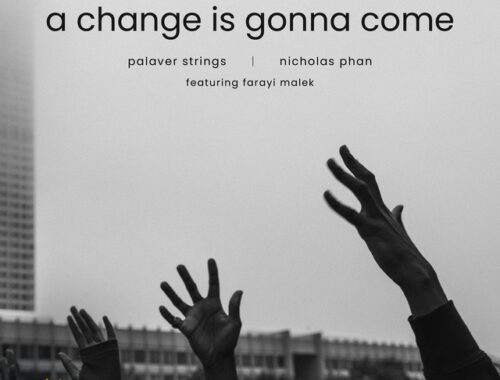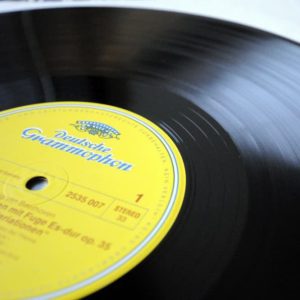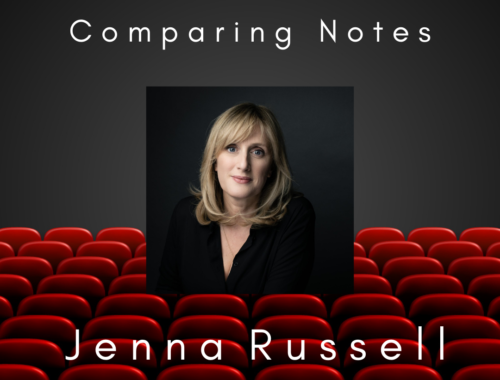WEDNESDAY 28TH APRIL 2010 LONDON PHILHARMONIC/ JUROWSKI
Royal Festival Hall
Prokofiev and Myaskovsky – firm friends, musical polar opposites. Once again Vladimir Jurowski demonstrates the essence of creative programming bringing us two highly contrasted but musically well-complemented pieces and one genuine rarity – Myaskovsky’s 6th Symphony. Once will not be enough, of course – it’s a big and discursive piece to fully grasp at one hearing and its significant flaws make the likelihood of a second pretty remote. But by encouraging our inquisitive natures Jurowski and the London Philharmonic our doing us all a favour and the good news is that there was a decent turn out in support of his enterprise.
Indeed doubly enterprising to have engaged a gifted young soloist – the German-Japanese cellist Danjulo Ishizaka – rather than a crowd-pulling name to play Prokofiev’s amazing Symphony-Concerto in E minor. Here’s a piece for the perennially inquisitive: the only predictable thing about it is its unpredictability. All life according to Prokofiev is here with his deep and abiding sense of fantasy topmost. And it doesn’t matter how well you know the piece, you are always expecting its now brittle, now ravishing, flights of fancy to take you off in a new direction. Its spirit is in essence the most rarefied stream of consciousness.
Danjulo Ishizaka played it with a gripping sense of in-the-moment curiosity – his ardour and terrific articulation fully equal to its demands. But the one thing you don’t want to experience in this piece is a broken string and notwithstanding dangerous levels of stress in the writing poor Ishizaka was just plain unlucky to have the impetus of his performance so rudely interrupted.
Prokofiev was right to tease his friend Myaskovsky over the 75 minute duration of his 6th Symphony. It is much too long – and principally on account of its huge panting allegros which in their physical and emotional instability seem to be working at length through great personal trauma. The gusty winds of change buffet this symphony and Myaskovsky’s own experiences in the very thick of a world war and revolution in quick succession (he was a trained military officer) make the prospect of real inner peace doubly elusive. He does find it, though, in the beautiful trio of the scherzo and the ineffable slow movement and thanks to Jurowski and the London Philharmonic, our tirelessly intrepid guides, the cathartic transfiguration at the close may be long overdue but at least there’s a feeling it’s been earned.
You May Also Like

GRAMOPHONE Review: A Change is Gonna Come – Nicholas Phan/Palaver Strings
09/08/2024
GRAMOPHONE: From Where I Sit – February 2018
28/02/2018